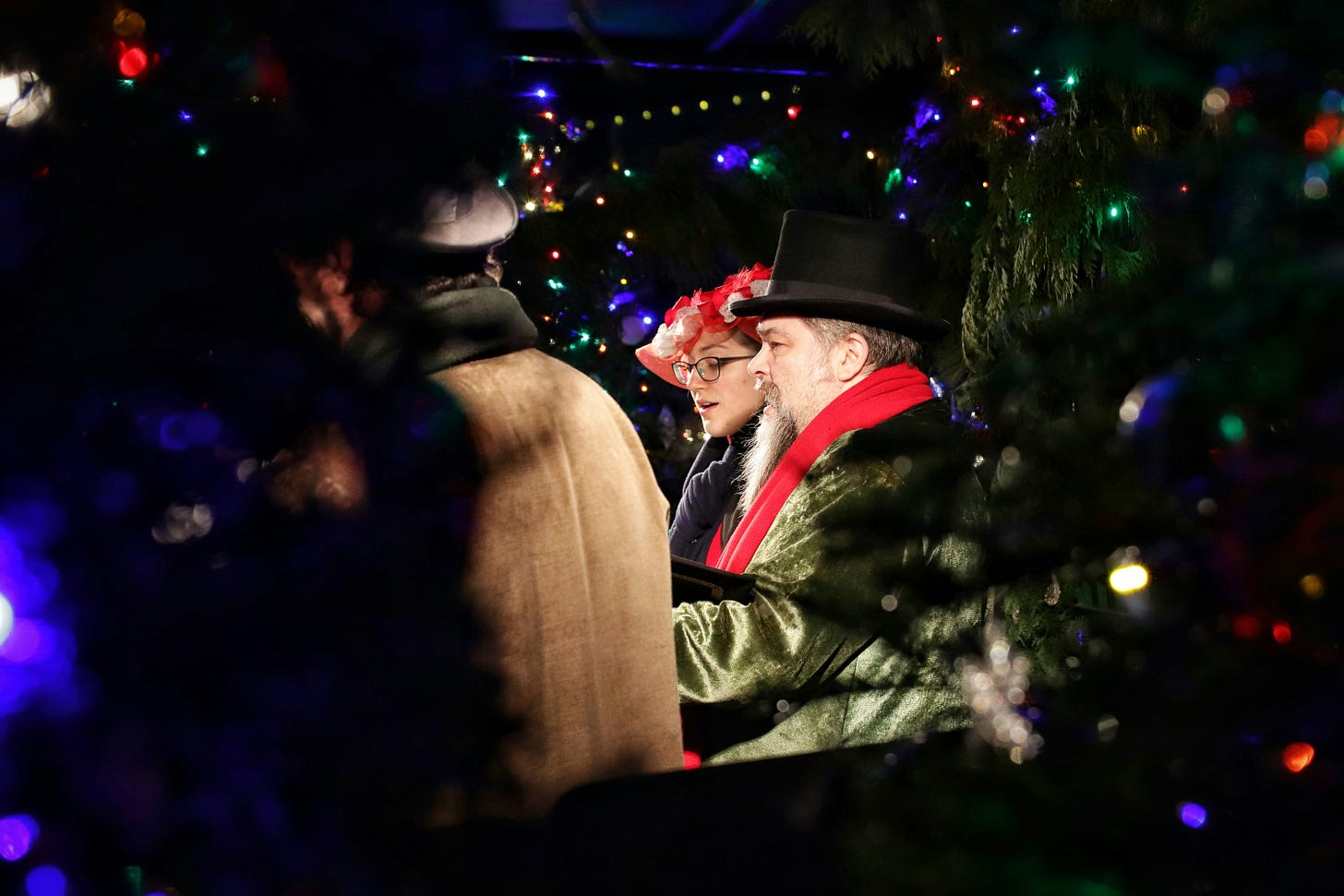Christmas Carol Recommendations
Five Carols that Deepen our Experience of the Season
Christmas carols are so pervasive during this season that they are almost synonymous with Christmas itself. Year after year, songs like “Have Yourself a Merry Little Christmas,” “Winter Wonderland,” and “I’ll Be Home for Christmas” play on the radio, in busy restaurants and in crowded shopping malls as we prepare for the celebration. There are a few Chr…



